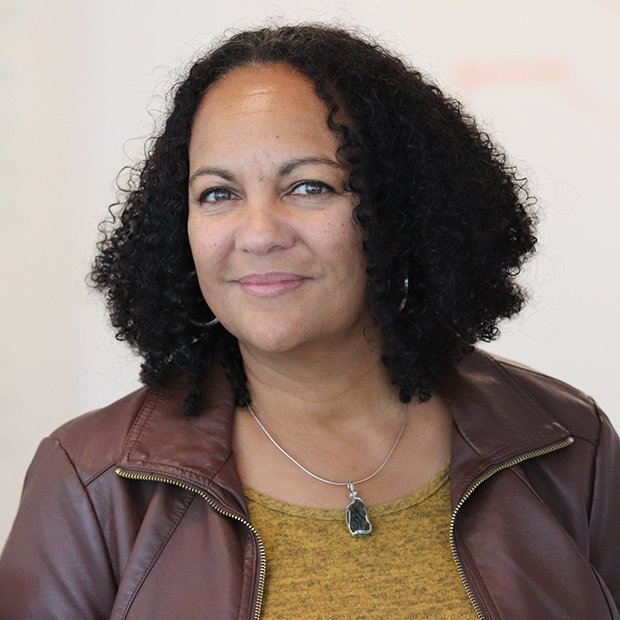BREVITY's Nonfiction Blog - Feedback, Ouch, Revise, and Resubmit
The first time I remember receiving feedback on my writing was from my fifth-grade teacher. I do not remember her name, but our class was given the assignment to read Cheaper by the Dozen and write a book report. I do not believe that I read the book, nor did I write an original report. I think I just copied from the encyclopedia in those days.
I was surprised that this teacher, with her English accent, was asking me to do better. As an African American girl bused to a majority European-American school outside of my neighborhood, I was invisible most of the time. The teachers rarely spoke to me unless I got into trouble, which was rare. The first time was for not raising my hand and blurting out the answers in kindergarten and the second time was for yelling obscenities at another school that we had played kickball against. I also do not remember almost fifty years later what exactly she said to me, but I do remember she expected more.
Many years later I find myself working for Carol Boigon, former Mayoral appointee for the Mayor’s Office for Education and Children in Denver, Colorado. I was hired by Carol as a consultant, then as a city employee. Carol was a former newspaper writer. She pointed out that we needed minutes for every meeting because we received public funding sources, and she expected those minutes to be perfect. Needless to say, we had tons of meetings.
Like the first time I was pulled aside by my teacher, I was shocked that my minutes and other written material never cut the mustard with Carol. I had worked previously for a former nun, Adele Phelan, who taught English, then went on to become president of a private college in Denver, Colorado. Adele thought my writing was professional and though she did ask to see everything before it went out, the red marks were few and far between. After Carol would read what I handed her, however, each page looked like it was cut to the quick and bleeding to death.
I will admit that I gave up. I lost confidence. Carol ended up writing and I would edit. Somehow, I had convinced her that I could not put two sentences together.
A couple of years later, Adele, in post-retirement, came to also work for Carol. Lo and behold, Carol began trying to get Adele to write differently too. I then realized that it was not all me. Carol’s style of writing was shaped by her newspaper experience. Though I will always use the assistance of an editor, I now know that I need to ensure that the editor understands my style of writing and the audience that I hope to engage.
When I wrote my dissertation, it was not edited for sentence structure, but rather for conciseness and for the relationship of the research to my arguments and conclusions. I very much appreciated the time and energy that my dissertation committee, led by Dr. Shelley Zion, put into it, especially since they were not paid for their time. I learned that editors are indeed gifts.
Now that I am finishing up a graduate writing certificate program at the University of Nebraska Omaha, I cherish the feedback I receive. Literary nonfiction is very different from my professional writing. It is also different from the academic writing I did for my masters and doctoral programs at the University of Colorado Denver. In my current program, my fellow students and professors workshop my pieces, and the feedback is incredibly useful. One of my pieces was published – “Summer of ’68: Crab Feast” in The Linden Review, and my editor, Jody Keisner, was a champion, utilizing Jane Friedman’s three Cs of being clear, communicative, and compromising in her relationship to me as an author.
It is my hope that I will continue to learn and not be shocked by the input or feedback I receive on my writing. Yet, I will also use discernment and express my opinion when I feel that someone is forcing me to revise in a way that makes me feel a lack of confidence or does not preserve the integrity of my work.
Lisa R. Roy is the Director of Program Development at the Buffett Early Childhood Institute at the University of Nebraska. She has a doctorate in leadership for educational equity from the University of Colorado Denver. Lisa is a mother of three grown children and a grandmother of the three most precious children on the planet, and she is an avid genealogist.

